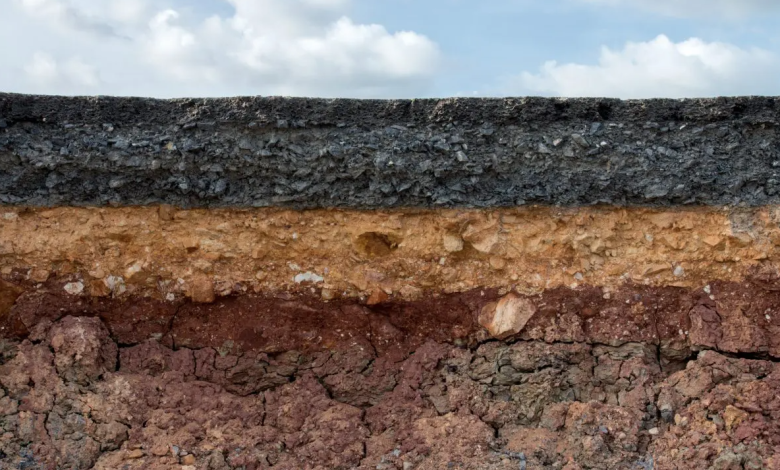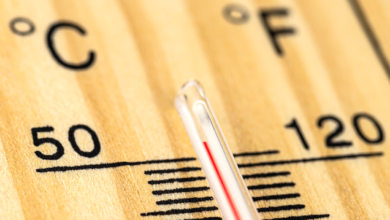Changing climate destroys soil biodiversity
Soil biodiversity is essential for CO2 sequestration and for the breakdown of organic and inorganic substances
(Sustainabilityenvironment.com) – Bacteria, fungi and protists disappear significantly from the soil due to climate change. The global increase in temperatures is one of the most relevant factors behind the decline in soil biodiversity, even below the most superficial part, the biocrust. The scientific evidence comes from a field study that started in 2009, lasted for 7 years, and was coordinated by the Institute for Environmental Genomics of the University of Oklahoma.
The experiment investigated the evolution of populations of microbial organisms in some parcels of land where the researchers artificially varied some parameters. In particular, soils have been subjected to abnormal heating, changes in rainfall, and the annual removal of biomass growing in the surface layers.
The result of the study
A very clear trend toward the decline of soil biodiversity. Specifically, the study just published in Nature Microbiology found a reduction in the richness of bacteria by 9.6%, fungi by 14.5%, and protists by 7.5%.
These microorganisms are essential for the ecosystem balance and provide several services that are also very relevant for human activities. Their primary action is to break down organic and inorganic compounds, releasing in the process the substances that are absorbed by the root systems of plants. In addition to these direct benefits for agriculture, it is always these micro-organisms that are responsible for the sequestration of CO2 in the soil. The degradation of soil biodiversity, therefore, also causes climate damage.
Read also World biodiversity: why is our future at stake in Geneva?
“Our results show explicit evidence that long-term climate warming reduces microbial biodiversity in a field environment,” said Jizhong Zhou, first signing the study. “Moreover, this is the first study that documents the differentiated responses of microbes that form and do not form spores to global warming and are the first study that documents the predominant role of heating in the regulation of microbial biodiversity”.






